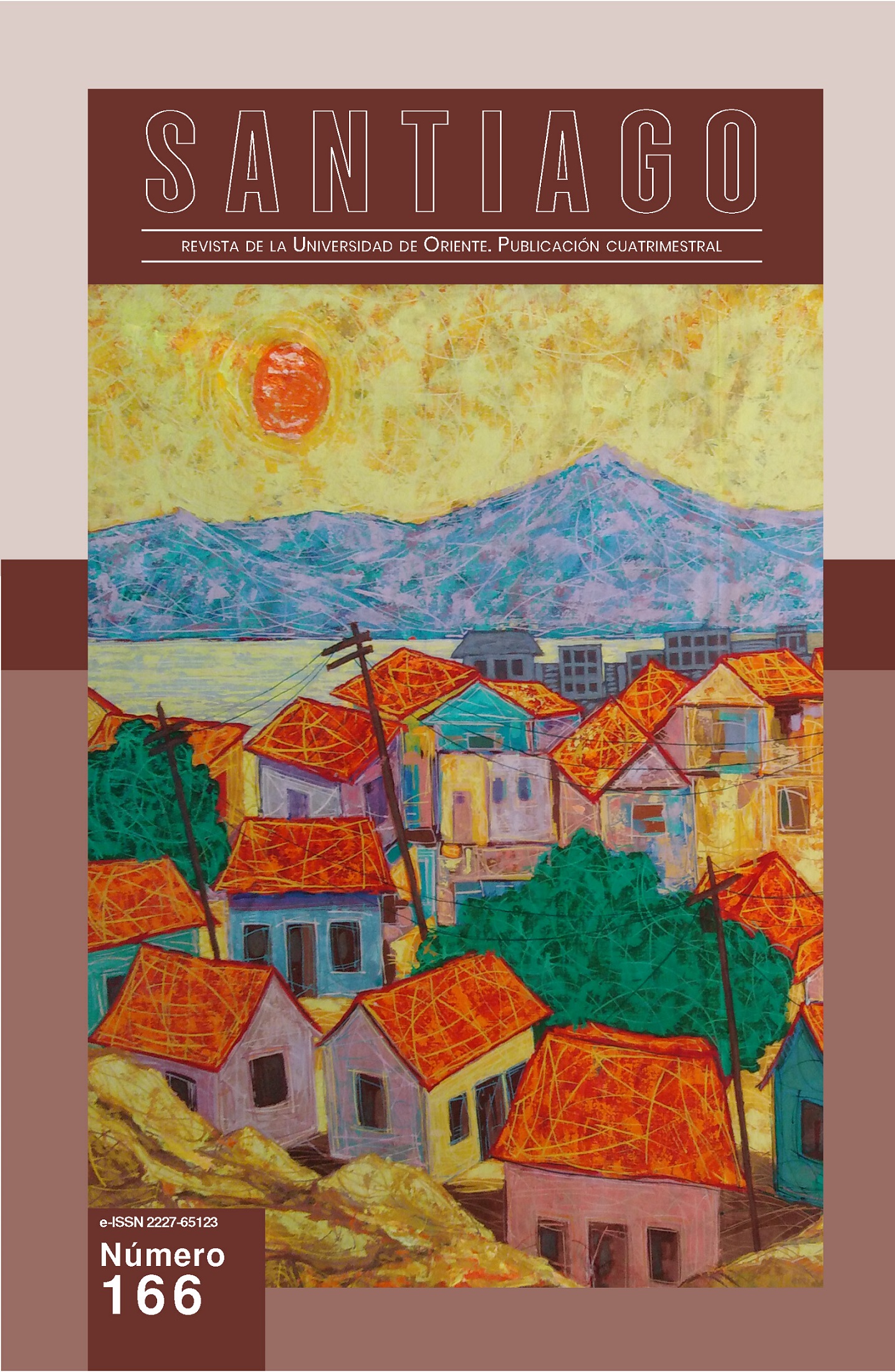Administrative management and service quality in the emergency processes of the ECU 911 in Portoviejo-Manabí, Ecuador
Keywords:
Administrative management, service quality, ergonomics, accessibility, infrastructureAbstract
The present study aimed to evaluate the administrative management and service quality of the ECU 911 in the city of Portoviejo, Manabí province, Ecuador. It was a descriptive study with a mixed-methods approach, integrating both qualitative and quantitative methods to obtain a comprehensive view of the emergency system's performance. Techniques applied included a survey with a sample of 384 citizens, as well as direct observation using a previously designed guide applied on-site at the ECU 911 facilities. The instruments used were the questionnaire and the observation guide. Among the most notable results, the service was considered relatively efficient, and the staff was perceived as friendly; however, difficulties were also reported in reaching the emergency center during critical situations, and no follow-up was received afterward. The observation revealed notable deficiencies in furniture ergonomics, accessibility, and technological updates. These findings reflect a favorable perception in human aspects, but also highlight significant shortcomings in infrastructure, communication, and citizen education—factors that are essential to ensuring timely and high-quality emergency management services.
References
Cedeño, R. y Rodríguez, M. (2021). Percepción ciudadana y expectativas de cambio en la ciudad post-Covid-19: un análisis comparado. Ambiente Comportamiento y Sociedad.https://www.researchgate.net/publication/355462468_Percepcion_ciudadana_y_expectativas_de_cambio_en_la_ciudad_post-Covid-19_un_analisis_comparado
Gaona Jiménez, M. A. (2023). La ergonomía y su incidencia en el rendimiento laboral en los espacios de trabajo. Universidad Nacional de Loja. [tesis de tercer nivel] Universidad Nacional de Loja. https://dspace.unl.edu.ec/jspui/bitstream/123456789/29941/1/Mar%C3%ADa%20Alejandra%20Gaona%20Jim%C3%A9nez.pdf
González, J., et al. (2019). Educación ciudadana en el confinamiento sanitario por la COVID-19 en el Perú. South América. https://www.researchgate.net/publication/360817960_Educacion_ciudadana_en_el_confinamiento_sanitario_por_la_COVID-19_en_el_Peru
Hernández Sampieri, R., Fernández Collado, C., & Baptista Lucio, P. (2014). Metodología de la investigación (6.ª ed.). McGraw-Hill.
Mendoza, I., Tóala, R. y Valarezo, M. (2024). Calidad del servicio del ecu911 en la gestión de emergencias y tiempos de respuesta en Manabí. Revista Científica Arbitrada Multidisciplinaria De Ciencias Contables, Auditoría Y Tributación. 7(14). 67–86. https://doi.org/10.56124/corporatum-360.v7i14.004
More, E. (2019). Modelo para gestionar la generación de capacidades de innovación. Cofin Habana. 2(4). http://scielo.sld.cu/scielo.php?script=sci_arttext&pid=S2073-60612019000200011.
Pillasagua, R. y Hernández, M. (2024). Evaluación de riesgos laborales y su impacto en la eficiencia operativa del ECU 911 Portoviejo. Roca. Revista científico-educacional de la provincia Granma. 20(1), 1–10. https://revistas.udg.co.cu/index.php/roca/article/view/4894
Sánchez, F. (2019). Fundamentos epistémicos de la investigación cualitativa y cuantitativa: Consensos y disensos. Revista Digital de Investigación en Docencia Universitaria. 1(3). http://dx.doi.org/10.19083/ridu.2019.644
Published
Versions
- 2025-06-30 (2)
- 2025-05-28 (1)
Issue
Section
License
Copyright (c) 2025 Gema Polethe García Amén, Maryuri Alexandra Zamora Cusme, María Yarixa Macías Pico

This work is licensed under a Creative Commons Attribution-NonCommercial-NoDerivatives 4.0 International License.
CC Reconocimiento-NoComercial-SinObrasDerivadas 4.0



.jpg)

_de_logo.jpg)













